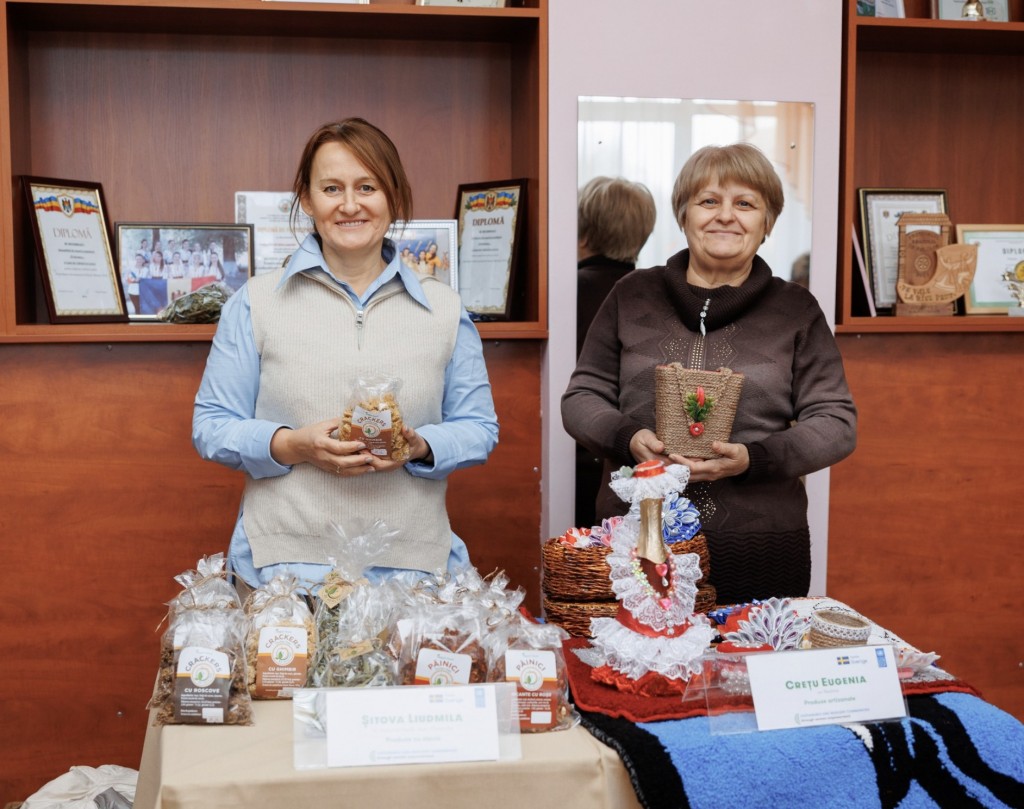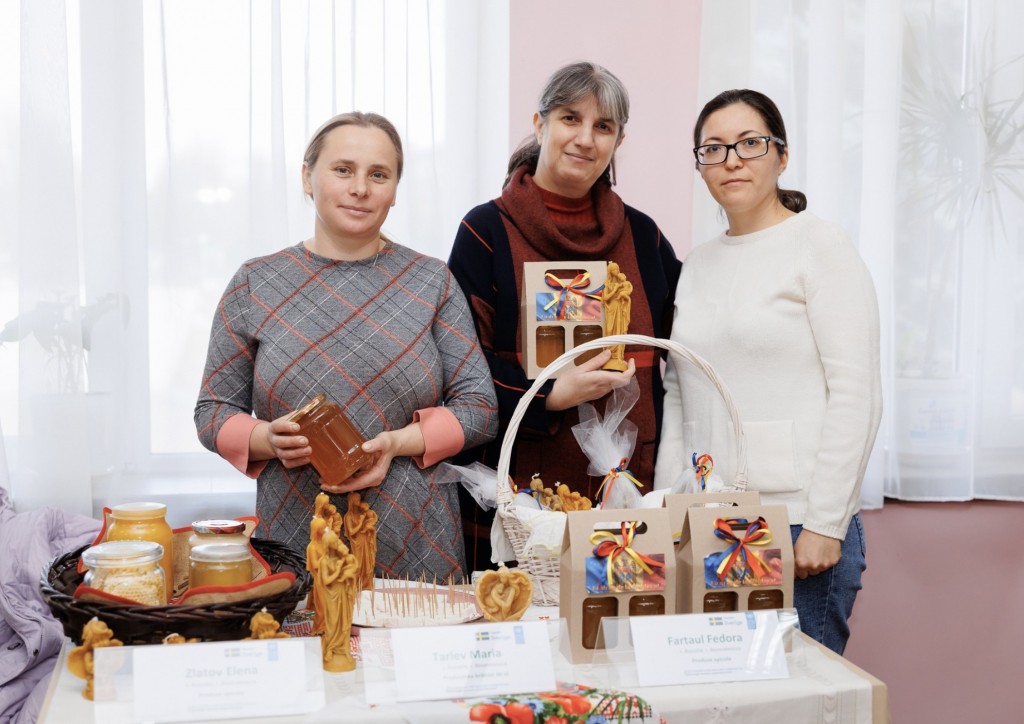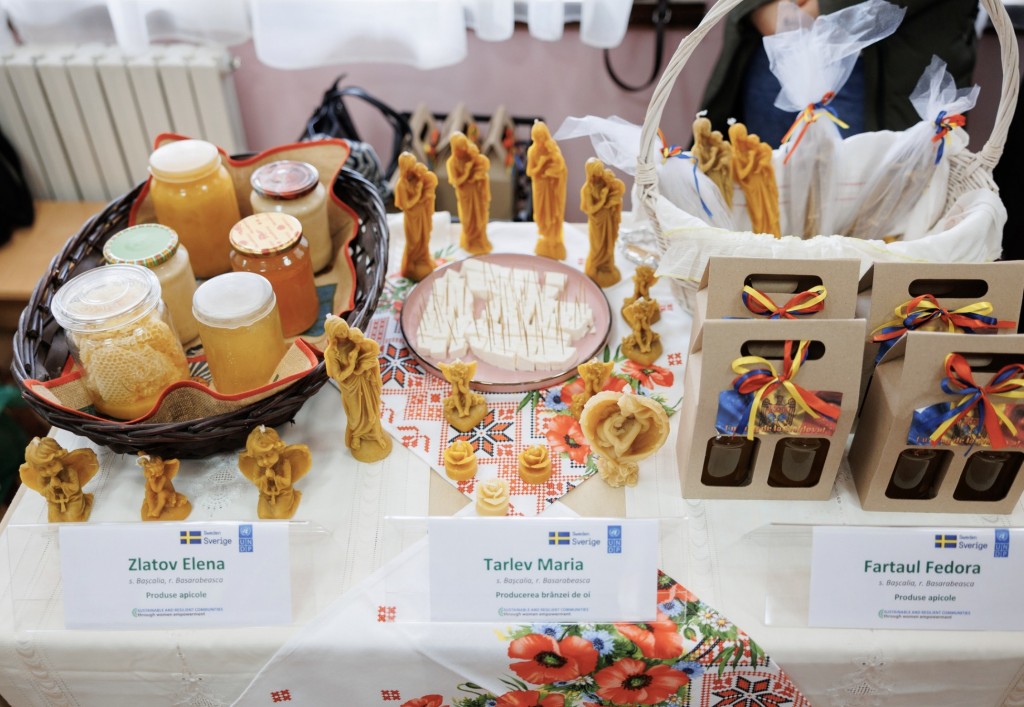Thirty localities across Moldova have enhanced their public services and social infrastructure, becoming more resilient to climate change. Moreover, 120 women engaged in economic activities in household management, along with 11 entrepreneurs, have developed climate-resilient businesses, generating employment, especially in rural areas.

This progress is attributed to the project “Climate-Resilient Communities through Women’s Empowerment,” funded by Sweden and implemented by the United Nations Development Programme (UNDP). The project results were presented in Leova.
Katarina Fried, the Ambassador of Sweden to the Republic of Moldova, mentioned during the event:
“Through the project, Swedish Cooperation for Reforms in Moldova aims to build inclusive, sustainable, and resilient communities and create a favorable environment for the economic, social, and educational empowerment of women. The project also included a mechanism to promote multidimensional well-being by encouraging access to resources and opportunities, especially for women. We are pleased that this project used climate and ecological resilient tools and practices to adapt rural communities to the effects of climate change.”
The “Climate-Resilient Communities through Women’s Empowerment” project was implemented over four years in 30 targeted localities in the Nisporeni, Călărași, Basarabeasca, Leova, UTA Găgăuzia, Transnistrian region, and Dubăsari district, located in the security zone.

“The partnership with local public authorities, civil society, and women involved in this initiative was the key to the project’s success. In addition to non-repayable financial support, project beneficiaries received mentoring to enhance their resilience and promote ecological practices. This allowed them not only to apply sustainable solutions but also to become more confident when addressing environmental challenges. Good practices will be adopted and replicated in as many local communities as possible, empowering women, especially those in rural areas,” stated Valeria Ieșeanu, representative of UNDP Moldova.
According to statistics, rural women are four times more prone to poverty, underrepresented in the decision-making process, and more vulnerable to climate change. Therefore, the project contributed to increasing women’s access to alternative income-generating activities through grants and mentoring.
FOR THE MOST IMPORTANT NEWS, FOLLOW US ON TWITTER!
Beneficiaries used non-repayable financial assistance to build greenhouses, install drip irrigation systems for growing vegetables, berries, or medicinal plants, implement renewable energy systems for processing vegetables, develop agrotourism pensions, upgrade beekeeping businesses, expand apiaries, and manage manure, among other initiatives.

With the project’s support, 30 communities obtained grants worth up to $20,000 each to enhance resilience. As a result, over 263,000 people in these localities benefit from improved public services and social infrastructure, such as modern waste management systems, reforested and landscaped territories, cleaned riverbeds, and adjacent areas developed.
Some localities gained access to alternative energy systems, including in public institutions.

